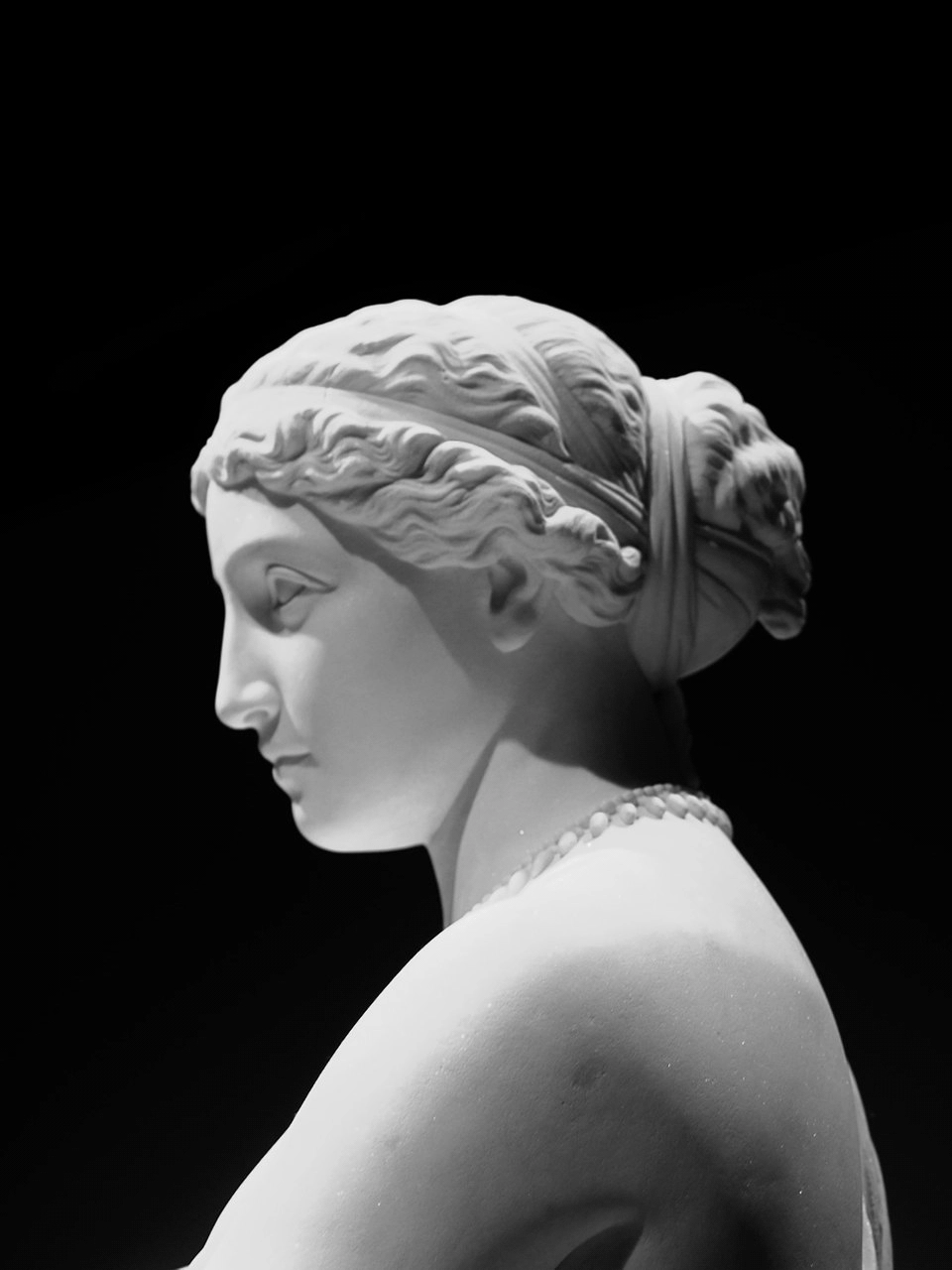My simple translation of Yatthum Oore Yaavurm KElir, in English, for those noble truths of nature and our life written by Kaniyan poongunranaar more than 1500 years back.
யாதும் ஊரே ; யாவரும் கேளிர் ;
Every place is our native, Every one is our companion.
தீதும் நன்றும் பிறர்தர வாரா ;
நோதலும் தணிதலும் அவற்றோ ரன்ன ;
Bad and Good cannot come from others, unhappiness and peace of our mind also are of the same.
சாதலும் புதுவது அன்றே ; வாழ்தல்
இனிதுஎன மகிழ்ந்தன்றும் இலமே;
முனிவின்,
இன்னா தென்றலும் இலமே;
Death is not new, and we need not be happy about being alive either. Even the breeze that never stops cannot be good.
மின்னொடு
வானம் தண்துளி தலைஇ, ஆனாது
கல்பொருது இரங்கும் மல்லற் பேர்யாற்று
நீர்வழிப் படூஉம் புணைபோல, ஆருயிர்
முறைவழிப் படூஉம்’ என்பது திறவோர்
காட்சியின் தெளிந்தனம் ஆகலின்,
Now the dry looking sands of the river terrain will soon see its water when the monsoon rains starts with lightning strikes in the mountains. Every life in this world will gets its proper reward, are the words of the enlightened ones.
மாட்சியின்
பெரியோரை வியத்தலும் இலமே;
சிறியோரை இகழ்தல் அதனினும் இலமே
So we need neither get excited too much about the rich nor feel low and disrespect the poor.
Tamil Translation:
எல்லா ஊரும் நம் ஊரே, எல்லோரும் நம் சொந்தங்களே..
நல்லதும் கெட்டதும் பிறர் தந்து நமக்கு வருவதில்லை
துக்கமும் மன அமைதியும் அதை போல தான்..
இறந்து போவது புதிது அல்ல, அப்படியே நான் வாழுகின்றேன் என்ற சந்தோசம் கொள்வதும் தேவை இல்லாதது..
எப்போதும் வீசும் தென்றலும் அலுத்து போதும்.
இப்போது நீர் இல்லாமல் வறண்ட ஆற்று மணல், மின்னல் தொடங்கி மலை பகுதியில் மழை பெய்வதால் நீர் கொண்டு ஓடும் செழுமை கொள்ளும், எல்லா உயிரும் அதன் உண்மையான பயனை பெற்று தான் தீரும், இது பெரிய தெளிந்த அறிஞர்களின் கூற்று.
அதனால் அவர் பெரியவர் உயர்ந்த பதவியில் உள்ளார் என்று யாரையும் பார்த்து வியக்கவும் தேவை இல்லை, அதே போல் கஷ்டத்தில் இருப்பவரை பார்த்து இகழவும் வேண்டாம்.
பாடியவர்: கணியன் பூங்குன்றன்

Leave a comment